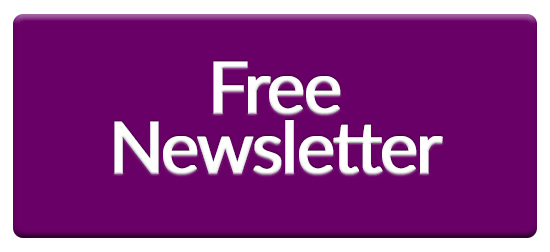Every January, people across the globe commit to a month of sobriety by taking part in “Dry January.” This initiative encourages participants to abstain from alcohol for 31 days. While it may seem like a simple challenge, the benefits of going alcohol-free for a month can be profound and far-reaching, impacting physical health, mental well-being, and long-term lifestyle choices. Let’s explore the key benefits of embracing Dry January.
1. Improved Physical Health
One of the most immediate benefits of Dry January is the positive impact on your physical health. Abstaining from alcohol gives your body a chance to recover and reset, often leading to:
- Better Liver Function: Alcohol consumption can strain the liver, leading to conditions like fatty liver disease. Taking a break allows the liver to detoxify and repair itself.
- Improved Sleep: Alcohol can disrupt sleep patterns, leading to restless nights. Many participants report better sleep quality during Dry January.
- Weight Loss: Alcoholic beverages are often high in calories. Cutting out alcohol can reduce overall caloric intake, aiding weight management.
- Lower Blood Pressure: Regular alcohol consumption can elevate blood pressure. A month-long hiatus can help normalize blood pressure levels.
2. Enhanced Mental Clarity
Alcohol affects the brain’s neurotransmitters, often leading to feelings of lethargy or brain fog. By eliminating alcohol, participants frequently experience:
- Improved Focus: Many people report increased productivity and sharper concentration.
- Elevated Mood: Alcohol is a depressant, and abstaining from it can lead to improved mental health and emotional stability.
- Reduced Anxiety: Alcohol can contribute to heightened anxiety, especially the day after drinking. Dry January often brings a sense of calm and emotional balance.
3. Financial Savings
Participating in Dry January can also lead to significant financial benefits. Alcohol can be a costly habit, whether enjoyed at home or at social events. A month-long break can free up money that can be allocated to savings, hobbies, or other meaningful pursuits.
4. Opportunity for Self-Reflection
Dry January provides an excellent opportunity to evaluate your relationship with alcohol. For some, it’s a chance to recognize patterns of dependence or unhealthy habits. This self-reflection can lead to lasting changes, such as reducing overall alcohol consumption or adopting a more mindful approach to drinking.
5. Social and Community Support
The growing popularity of Dry January has fostered a sense of community among participants. Joining this global movement can:
- Strengthen Social Bonds: Many people find solidarity in taking on the challenge with friends or family members.
- Encourage New Social Activities: Without alcohol, participants often explore alternative ways to socialize, such as fitness classes, outdoor activities, or creative hobbies.
- Raise Awareness: By participating, you can inspire others to reconsider their own drinking habits.
6. Long-Term Health Benefits
For some, Dry January serves as a gateway to more substantial lifestyle changes. Studies suggest that those who participate often drink less alcohol even months after the challenge ends. This reduced consumption can lead to a lower risk of chronic diseases, such as heart disease, diabetes, and certain types of cancer.
Dry January is more than just a temporary break from alcohol; it’s an opportunity to reset and prioritize your well-being. The benefits—from improved physical health to enhanced mental clarity—make it a worthwhile endeavor for anyone looking to start the year on a positive note. Whether you’re a regular drinker or someone who occasionally indulges, committing to a month of sobriety can offer surprising rewards that extend well beyond January.
 Vino-Club For Wine Lovers
Vino-Club For Wine Lovers






